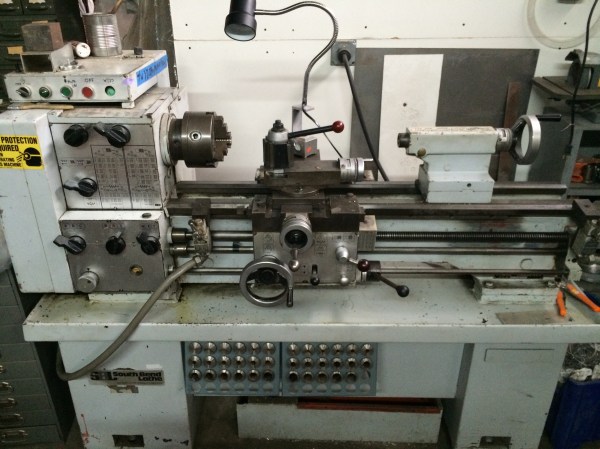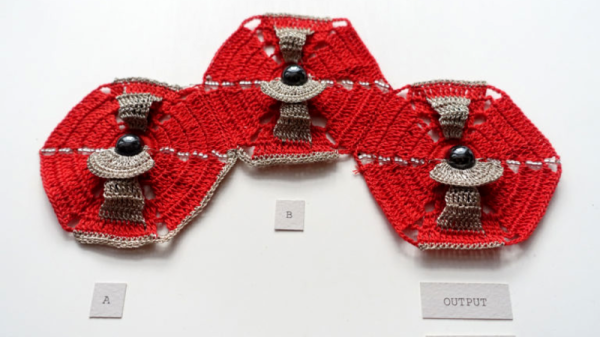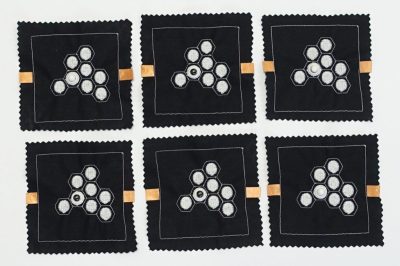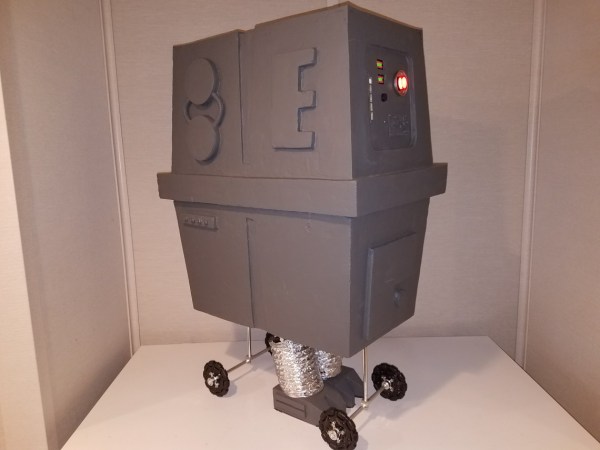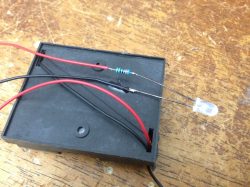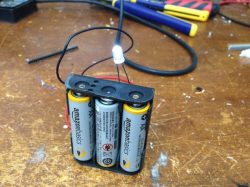We’ve all heard of card skimmers, nefarious devices that steal the identity of credit and debit cards, attached to ATMs and other machines in which unsuspecting consumers use them. Often they have relied on physical extraction of data from the card itself, such as by inserting a magnetic stripe reader in a fake ATM fascia, or by using a hidden camera to catch a picture of both card and user PIN entry.
The folks at Sparkfun write about an approach they received from a law enforcement agency bearing a selection of card skimmer devices that had been installed in gasoline pumps. These didn’t rely on interception of the card itself, instead they sat as a man-in-the-middle attack in the serial line between the card reader unit and the pump electronics. Let that sink in for a minute: a serial line that is readily accessible to anyone with the pump manufacturer’s standard key, carries card data in an unencrypted form. The owner of the skimming device is the criminal, but the company leaving such a wide-open vulnerability should really be joining them in having to answer to authorities.
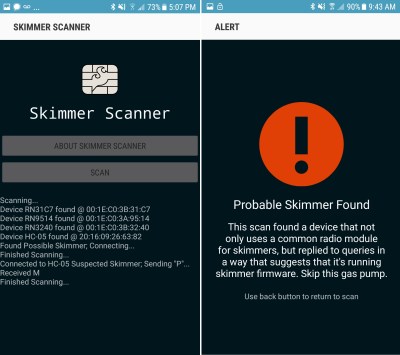
The device itself is quite simple and well-executed, though it appears that attachment of wires and connectors is a job left to the crook. Some boards boast excellent soldering, while others have joints that are, well, simply criminal. On the board is a PIC microcontroller, a serial Flash chip, and a commodity Bluetooth module. This last component provides the means for the miscreant to harvest their ill-gotten gains, and incidentally a handy means by which compromised pumps can be identified. The Sparkfun people have provided an Android app that interrogates any modules it encounters, and warns of any that return the signature of a skimmer.
It is sad to say that some level of crime is an inevitable feature of the human condition, and therefore it should not be an unreasonable expectation that any entity with which we trust our sensitive data such as a credit card number should take reasonable steps to ensure its security. If a bank transported customer cash through the streets as bundles of $10 bills in open handcarts it is likely that they would get into trouble very quickly, so that the pump manufacturers send card information in the clear over such a readily accessible medium should be a scandal of similar magnitude. That financial institutions prefer to cover up the problem and shift the loss onto the gas stations rather than mandate better device security from the pump manufacturers speaks volumes about their misplaced priorities.
If this topic interests you, we’ve shown you a teardown of a more traditional skimmer in the past.
Thanks [CYK] for the tip.


